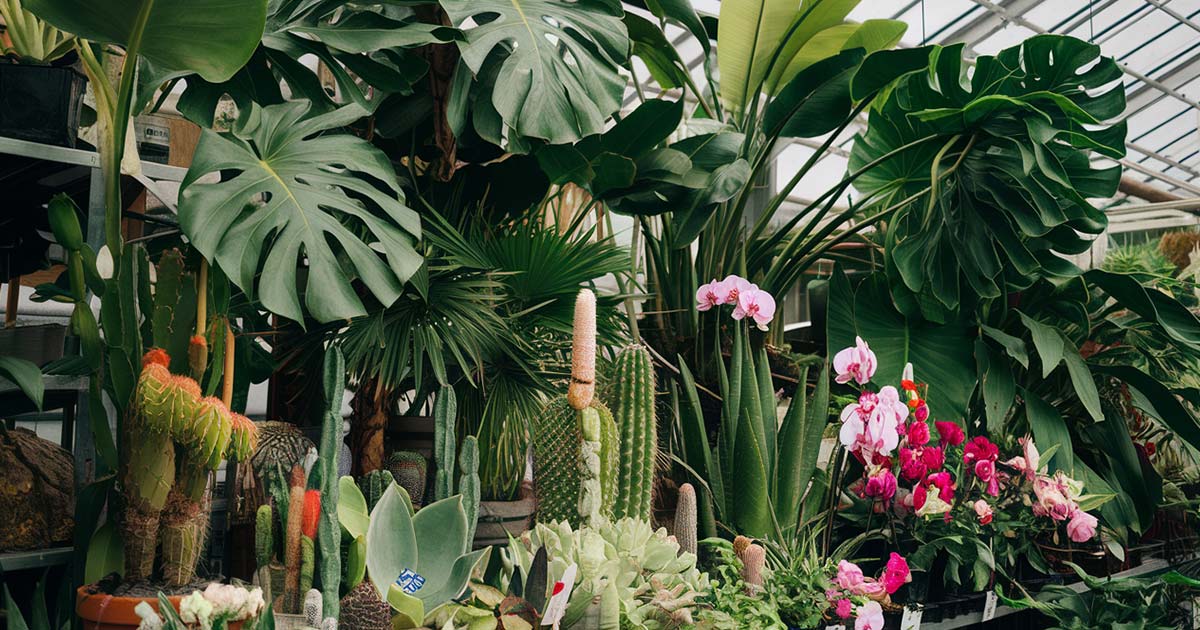
Diploma in Horticulture
By NCTA Team Last Updated: December 06, 2024Overview:
Horticulture is the branch of agriculture that focuses on the cultivation, management, and study of plants for food, medicinal purposes, and aesthetic value. It includes the science, art, technology, and business of plant growing, with an emphasis on fruits, vegetables, nuts, seeds, herbs, sprouts, mushrooms, algae, and non-food crops like grass and flowers.
Course Description:
Diploma in Horticulture is a comprehensive two-year program designed to provide students with the knowledge and practical skills required to excel in the field of plant cultivation and management. This course covers a broad range of topics, including plant biology, soil science, pest management, irrigation techniques, and sustainable farming practices. Students will gain hands-on experience in growing and maintaining a variety of plants, from fruits and vegetables to ornamental species.
Upon completion, graduates will be equipped to pursue careers in nurseries, greenhouses, landscape design, and agricultural research, or establish their own horticultural businesses. The Diploma in Horticulture combines theoretical learning with practical experience to ensure that students are prepared to contribute to the growth of the horticultural industry.
Applications of Horticulture:
- Horticulture ensures the cultivation of fruits, vegetables, and herbs for human nutrition and food security.
- It enhances urban spaces with green areas, improving air quality and aesthetics.
- Produces flowers and plants for ornamental and landscaping purposes.
- Promotes eco-friendly farming practices, soil conservation, and sustainable pest control.
- Cultivates plants used for medicinal and wellness purposes.
- Integrates trees into farming systems to improve biodiversity and soil health.
- Focuses on storage, transportation, and preservation of horticultural products.
- Contributes to reducing carbon emissions through plant growth.
- Creates job opportunities in nurseries, landscaping, and horticultural industries.
Responsibilities of an Horticulturist:
- Growing and maintaining a wide range of plants, including fruits, vegetables, flowers, and ornamental plants.
- Ensuring proper soil health and fertility through soil testing, amendments, and sustainable practices.
- Monitoring and managing pests, diseases, and weeds using integrated pest management (IPM) techniques.
- Planning and overseeing crop rotation, irrigation systems, and other cultivation practices to maximize yield and quality.
- Engaging in breeding programs to develop improved plant varieties with better resilience, productivity, and disease resistance.
- Designing and maintaining aesthetically pleasing landscapes, gardens, and outdoor spaces.
- Promoting sustainable agricultural practices and conservation methods to minimize environmental impact.
- Overseeing the postharvest processes, such as storage, packaging, and transportation, to maintain the quality of harvested products.
Course Curriculum:
This curriculum provides a balanced mix of theoretical learning and practical experience in various horticultural disciplines, preparing students for a successful career in the growing and dynamic field of horticulture. Key subjects include:
Semester I:
- Introduction to Horticulture
- Soil Science and Fertilizers
- Plant Biology and Physiology
- Horticultural Tools and Equipment
- Principles of Irrigation and Drainage
- Introduction to Crop Production
Semester II:
- Pomology
- Olericulture
- Floriculture
- Plant Propagation Techniques
- Plant Protection and Pest Management
- Greenhouse Management
Semester III:
- Landscape Horticulture and Garden Design
- Agroforestry and Sustainable Horticulture
- Postharvest Technology
- Advanced Plant Breeding Techniques
- Soil Fertility and Management
- Environmental Management in Horticulture
Semester IV:
- Nursery and Greenhouse Production
- Advanced Pest and Disease Management
- Introduction to horticultural research
- Data collection, analysis, and interpretation
- Writing research papers and reports
Career Opportunities:
- Horticulturist
- Landscape Designer
- Floriculturist
- Nursery Manager
- Greenhouse Manager
- Horticultural Researcher
Salary Expectations:
Salary expectations for Diploma in Horticulture graduates vary based on the role and experience. Generally, horticulturists earn $30,000 to $50,000, while landscape designers, floriculturists, and nursery managers earn between $35,000 and $60,000. Greenhouse managers, agricultural extension officers, and postharvest specialists can expect $40,000 to $60,000. Horticultural researchers and sustainability consultants earn around $40,000 to $70,000. Salaries for entrepreneurs depend on business success, and educators typically make $35,000 to $55,000. Earnings grow with experience and advanced roles.
Course Features
| Course Code | UDC-663 |
| Duration | 2 Years |
| Category | Diploma in Horticulture |
| Eligibility | XII with *PCB* from recognized board |
| Fees | 2x25000= 50,000 |
To know more about our this course, feel free to call us at:
+91 9733600770Ready to Enroll in This Course?
Start your learning journey today and unlock your potential!
Apply Now for This Course
